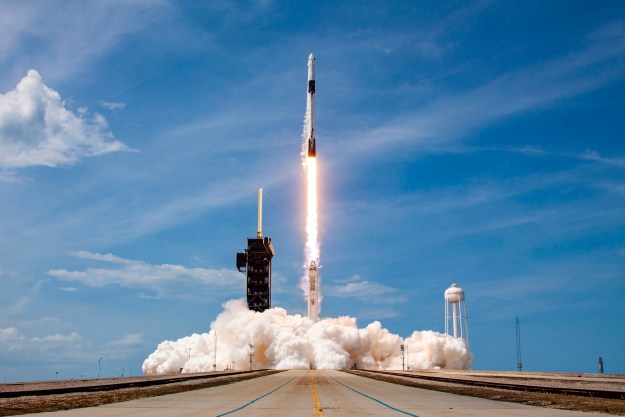The European Space Agency (ESA) officially announced its first planetary defense mission to deflect asteroids from Earth.
The $153.3 million project, called Hera, was initiated under an official contract on Tuesday, September 15, and is expected to be ready to launch by October 2024 and reach its destination by the end of 2026. Hera will travel to a near-North binary asteroid system called 65803 Didymos (or the Didymos pair), to perform six months of close-up studies.
Hera is part a collaboration with NASA’s Double Asteroid Redirect Test (DART) spacecraft as part of the Asteroid Impact & Deflection Assessment (AIDA).

NASA’s DART (scheduled to launch in the summer of 2021) will perform a kinetic impact on the smaller of the two asteroids in an attempt to alter its course. Hera’s mission will follow up on DART with a detailed post-impact survey to record the moment of impact and collect as much data as possible to assess collision effects.
Data collected by Hera should enable scientists to further develop the technology as they work to create a viable system for deployment in the event of a serious asteroid threat to Earth.
Besides collecting data, Hera will also demonstrate technologies like autonomous navigation, which it will use to move around the asteroid.
Hera will also deploy Europe’s miniature satellites known as ‘CubeSats’ for further asteroid surveying in deep space.
The ESA also recently announced that it’s working on its own version of a reusable rocket, which will work similarly to SpaceX’s Falcon 9. The Prometheus would be used in European rockets like the Ariane 6 and its successors to make rocket launches considerably cheaper.
Editors' Recommendations
- How to watch final moments of NASA’s first asteroid sample return mission
- NASA sets new date for first launchpad test of its mega moon rocket
- NASA’s Mars drone nails its first flight of 2022
- 3 special space missions to look forward to in early 2022
- NASA’s anti-asteroid DART mission sends back its first images




